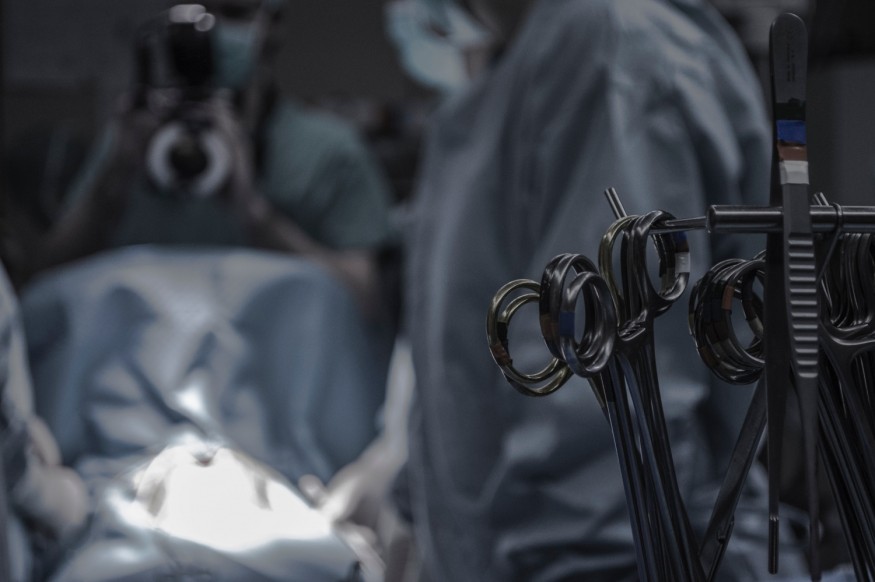
Surgery is the second most common type of medical malpractice claim in the U.S., according to a report by Coverys. The report found that 25% of all medical malpractice claims between 2014 and 2018 were connected to surgery. This is particularly worrying, considering medical malpractice is the third-leading cause of death in America. So, what is going so wrong in surgery to lead to these claims?
Making mistakes
78% of the surgery claims filed during the reviewed period were to do with the way the practitioner or practitioners performed the surgery. Other complaints raised, included a foreign body being retained (7%), the procedure was unnecessary (4%), the wrong patient/body part/side of the body worked on (3%), and the surgery was delayed (3%). While all of these issues are valid and alarming, the report also highlighted that surgery is contributing to a whole host of unnecessary and serious injuries.
Serious claims
In total, more than 2,500 completed claims were assessed. The study found that nearly 30% of all surgery injuries were permanent significant, permanent major or permanent grave, while 9% resulted in death. When such a serious injury has occurred during surgery, it's important that individuals and their loved ones seek assistance from a personal injury lawyer. A specialist lawyer will ensure that the appropriate justice and compensation is received so that the injured party can go on to live the best quality of life possible.
Taking liability
The report also revealed that 39% of practitioners involved in the claims lacked the skills to perform surgery, while 17% showed poor clinical judgment. This shows that medical professionals need to have more confidence to speak up about their abilities and request further training from their employers. Previous studies have focused on the lack of physical practice young surgeons receive and that many lack dexterity in their hands. These practitioners, in particular, need to be monitored closely and given additional help where required to bring the number of surgery medical malpractice claims down over the coming years.
Surgery is fast becoming a leading cause of medical malpractice claims and, all too often, these claims seem to be the result of a lack of attention and silly mistakes. It's, therefore, time for practitioners and their employers to take liability for their actions and to put processes into place to stop underprepared surgeons from performing complex procedures on innocent members of the public.
© 2025 NatureWorldNews.com All rights reserved. Do not reproduce without permission.





